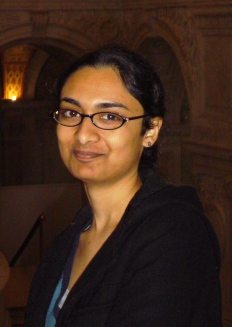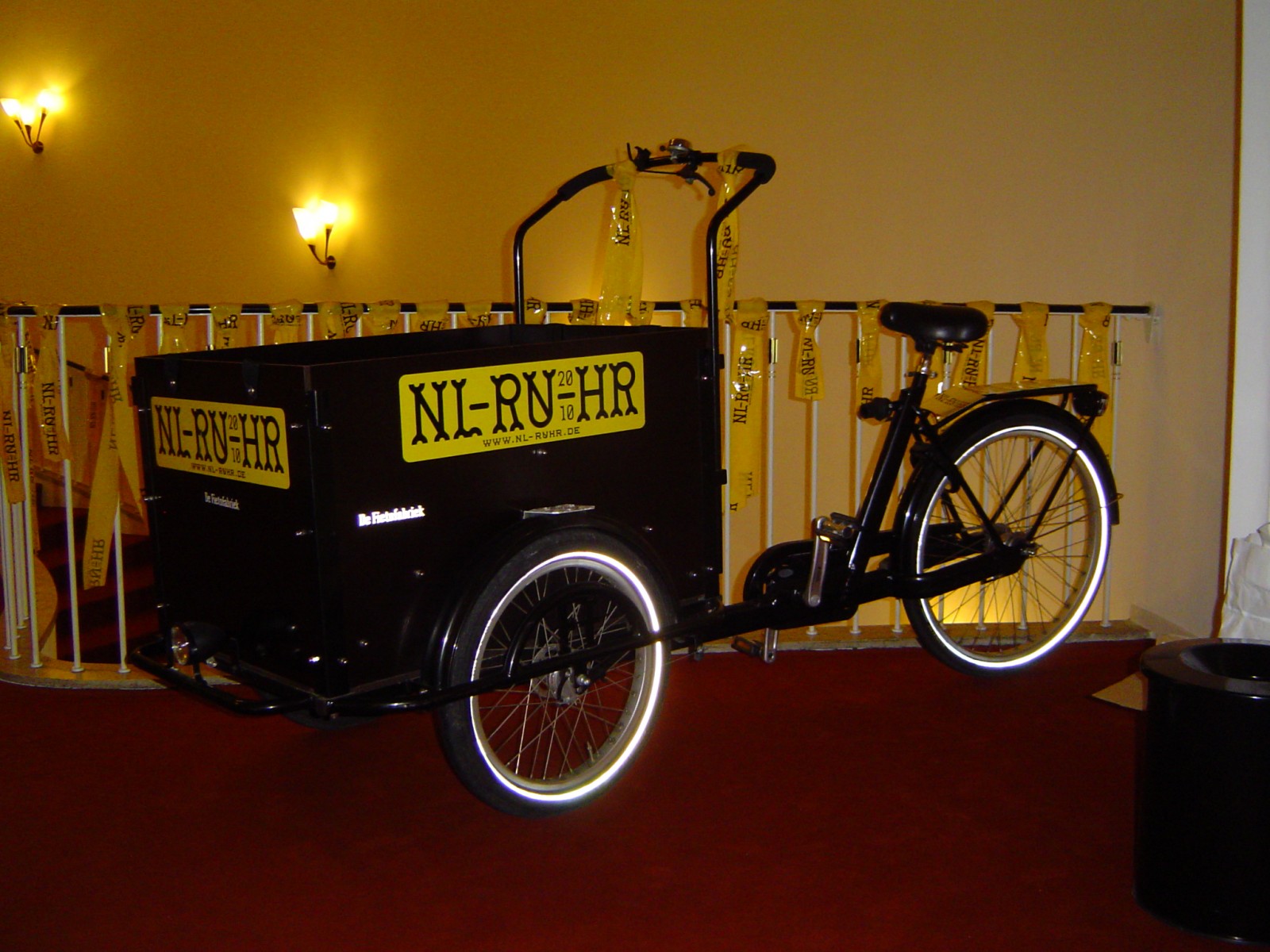
Stagelopen in stappen |
Interview met een internationale student
 Reena James, an international student in the Netherlands who took an internship abroad
Reena James, an international student in the Netherlands who took an internship abroad
What is your degree programme?
I am a second year master’s student in the Study Programme Euroculture (euroculturemaster.org) at the University of Groningen. This post-graduate programme is an Erasmus Mundus Master’s Course and an interdisciplinary European studies programme dealing less with structures and models of the European Union but more with themes such as multiculturalism, cultural identity and social and political processes in Europe. Euroculture is offered by a consortium of eight European and four non-European universities and is coordinated by the University of Groningen.
Why did you opt for a placement abroad in your study programme?
Euroculture offers different tracks to follow in the third semester of the study programme. You can apply to attend a research semester at one of the non-European partner universities. Or you choose the option to do an internship (a placement). Since I already had some experience studying abroad before and during my bachelor’s studies and was eager to get more practical experience alongside my academic education, I decided to do an internship.
Where did you do your placement and what was your assignment?
I did my 4-months internship in the Press & Culture department of the Dutch Consulate General in Düsseldorf, Germany. The internship was focused in particular on the event of the European Capital of Culture Ruhr.2010. The Netherlands was the major foreign partner of Ruhr.2010 and contributed actively to it through its own cultural campaign themed NL-RUHR. The goal of NL-RUHR was to bundle and spread information on this year’s diverse cultural activities and cooperation projects of Dutch artists, musicians, dancers, architects, designers, cultural institutions, etc. in the Ruhr Area through one recognizable platform.
My internship was focused on the communication of NL-RUHR news to the German audience, i.e. letting people know about upcoming concerts and exhibitions by Dutch artists at Ruhr.2010 or informing them about ongoing Dutch-German cultural projects or collaborations in the wider Ruhr Area and beyond. We had a very eye-catching website and made use of social media to reach the public.

Thus, my main assignments in this placement were to edit and update the German entries, posts and pictures for NL-RUHR on Facebook and Twitter and to research and write the news reports for the NL-RUHR website on a day-to-day basis. In addition I started an online-evaluation among our Dutch and German partners to find out how they rated the success of their bilateral projects during Ruhr.2010. I also carried out some emerging tasks within the department such as updating and editing the cultural event calendar of the consulate and electronically archiving part of the NL-RUHR website and social media sites.
How did you find the organisation that provided your placement?
I had already applied for several internships when Mrs. Esther Haag from the Placement Office at the University of Groningen told me about an internship offer by the Dutch Consulate General in Düsseldorf. She encouraged me to apply (we even had a counsel session via Skype because I was in Germany at that moment) and so I sent my application by email. Shortly afterwards I was invited for a personal interview in the consulate with my internship supervisors and a day later I got the placement.
Do you have tips for other students about finding a placement abroad?
The Placement Office is a good place to start your search for a placement because they have an intranet with placement/internship offers and contacts with former placement providers.
What is important for finding a placement abroad is to start your search early and keep a contact list of possible institutions, companies or organisations where you would like to do an internship. Some of them have recurrent internship offers that are announced on a regular basis, so you have to keep track of the application dates. Others publish placement opportunities at short-notice so checking their websites from time to time might also be helpful for finding an internship.
Finding the right offers or placement providers, applying, preparing for and attending interviews take up a lot of time before the actual start of the internship. And with a placement abroad you have additional tasks of ensuring you have sufficient financing, planning your trip, finding accommodation, and so forth. If you are thinking of doing an internship abroad, you should keep that in mind, especially if you are still busy with your studies, exams or the like at university!
If you speak German and are interested in a placement in Germany, you might want to try this website: unicum.de/praktikum
Internship offers in the embassies and foreign posts of the Dutch Ministry of Foreign Affairs are published here: minbuza.nl/Werken_bij/Stages
Good luck!
